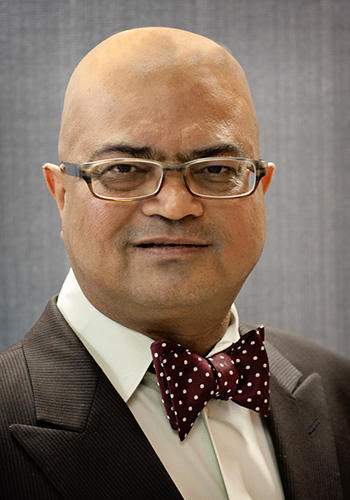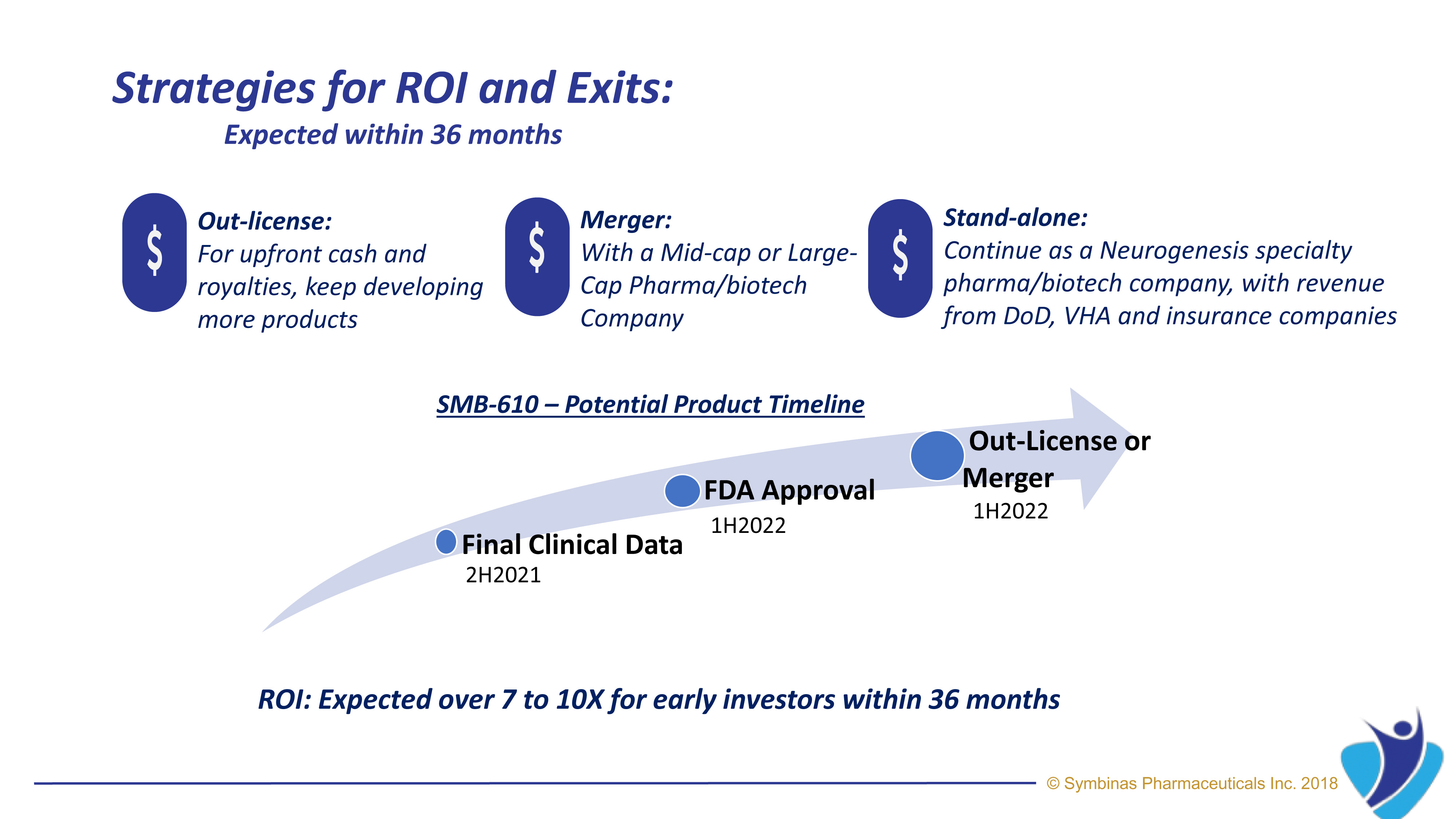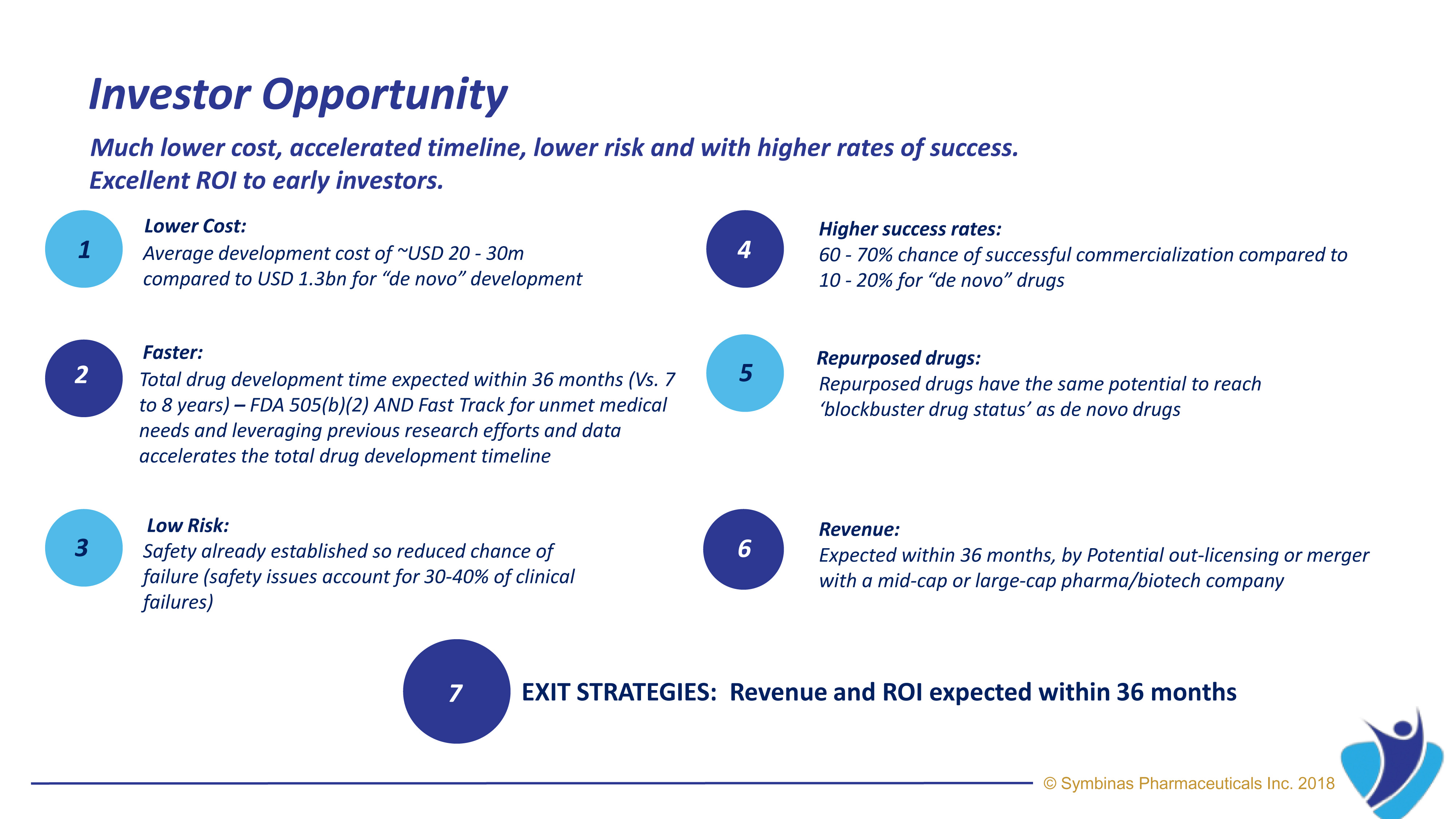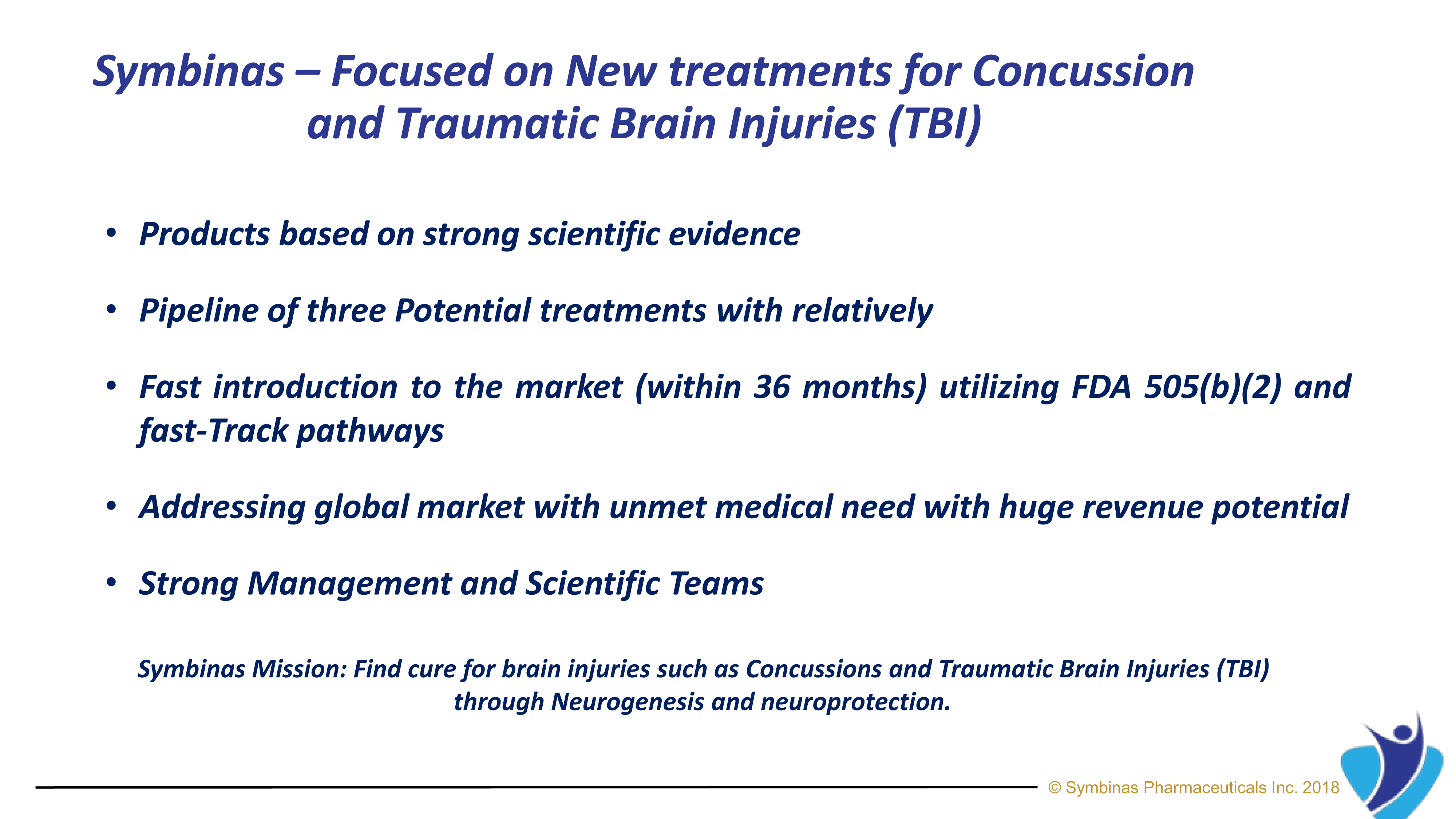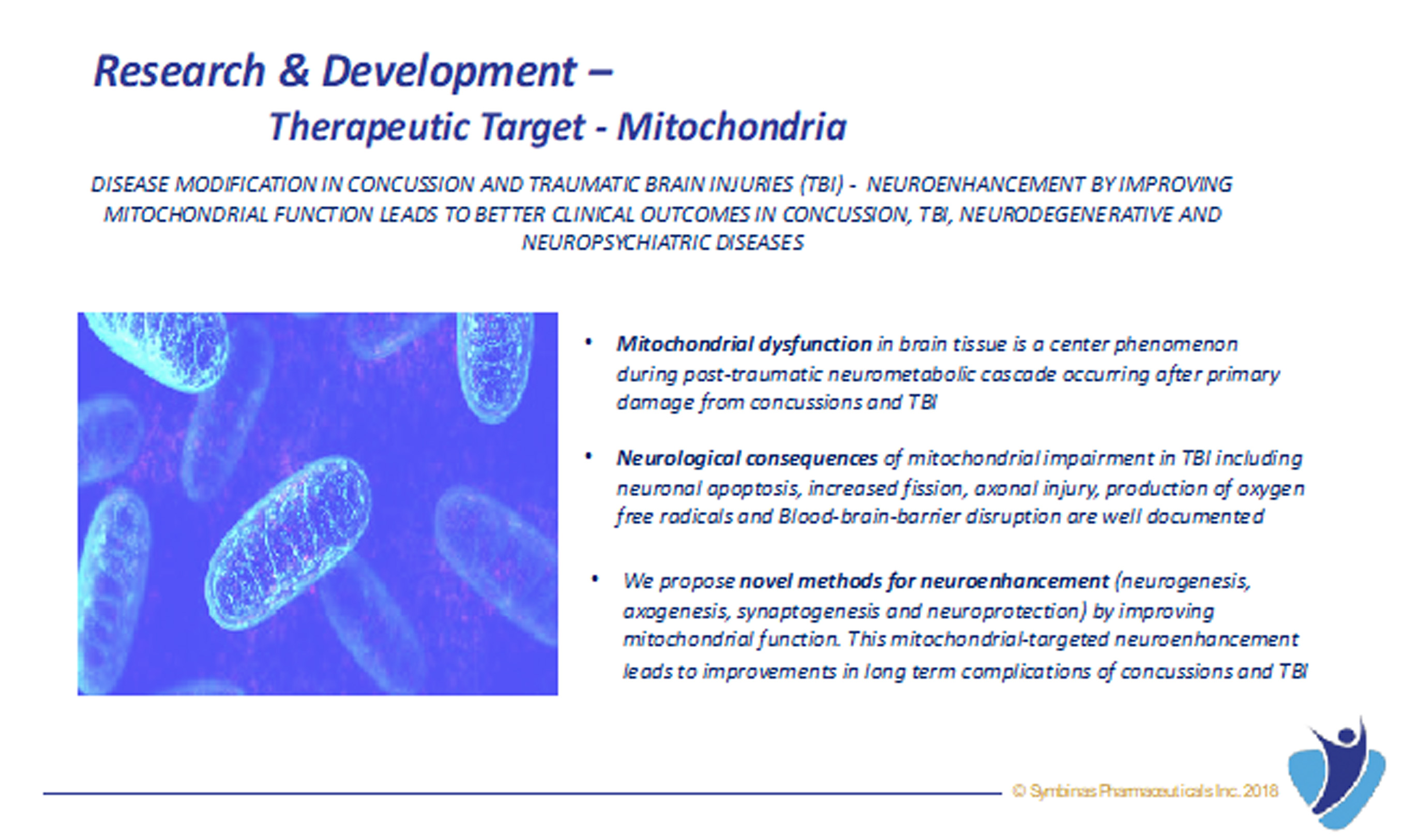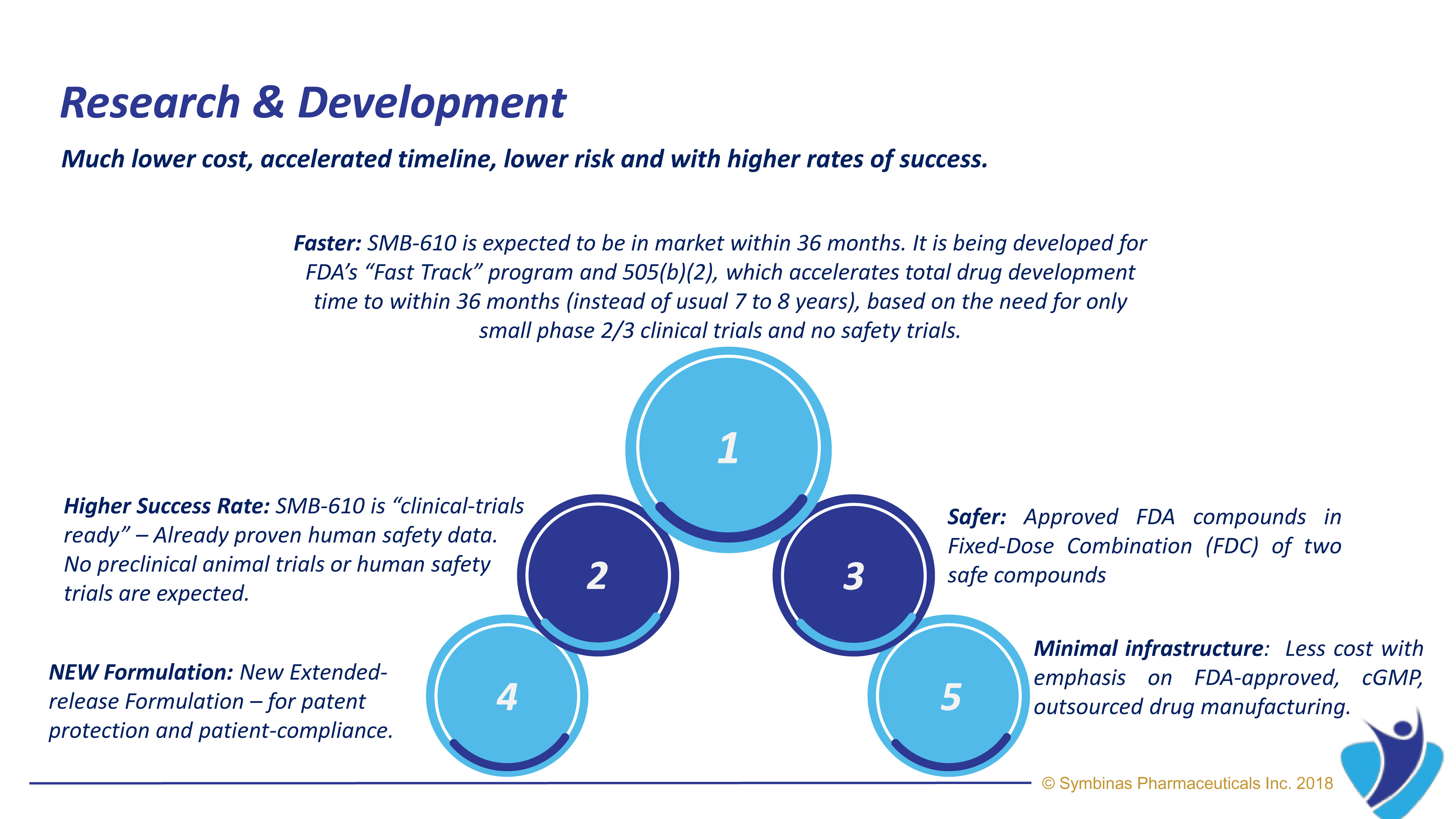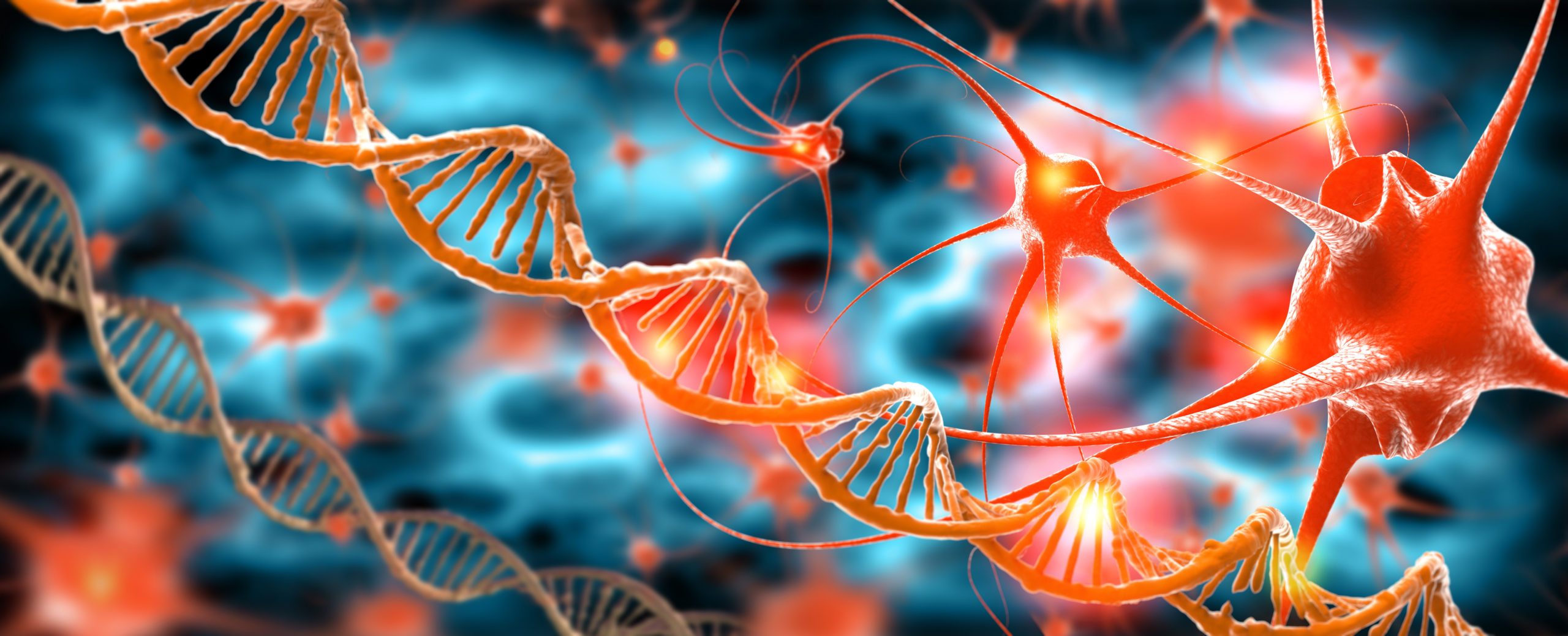
The observation that the human brain stem cells churns out new neurons throughout life is one of the biggest neuroscience discoveries of the past 20 years. The brain’s regenerative capacity might be harnessed to boost cognition or to treat injury or disease.
In nonhuman animals the continued production of new neurons has been linked to improved learning and memory, and possibly even mood regulation.
Because stem cells can divide, and differentiate into many types of cells, their discovery in adult brains suggested that neurogenesis could hold the key to treating brain diseases including TBI and neurodegenerative conditions such as Parkinson’s disease and Alzheimer’s disease. It is now well established that adult neurogenesis is critical for recovery from brain injury.
And that cellular mitochondria are essential for the differentiation of neural stem cells into mature neurons.
Neurogenesis is the process by which new neurons are formed in the brain. Neurogenesis is crucial when an embryo is developing, but also continues in certain brain regions after birth and throughout our lifespan. Until recently, neuroscientists believed that the central nervous system, including the brain, was incapable of neurogenesis and unable to regenerate. However, stem cells were discovered in parts of the adult brain in the 1990s, and adult neurogenesis is now accepted to be a normal process that occurs in the healthy brain.
This process, known as adult neurogenesis, was first recognized in the 1960s, although it took until the 1990s for the field as a whole to accept that neurogenesis in adult animals could play a substantial role in brain function. Integral to this realization was the discovery in 1992 by Professors Perry Bartlett and Linda Richards that the adult mouse brain contains neural stem cells.
Because stem cells can divide, and differentiate into many types of cells, their discovery in adult brains suggested that neurogenesis could hold the key to treating neurodegenerative conditions such as Alzheimer’s disease. Since then, neurogenesis has also been found to occur in the hippocampi of adult humans, and more recently is has been confirmed to occur in the amygdala.

